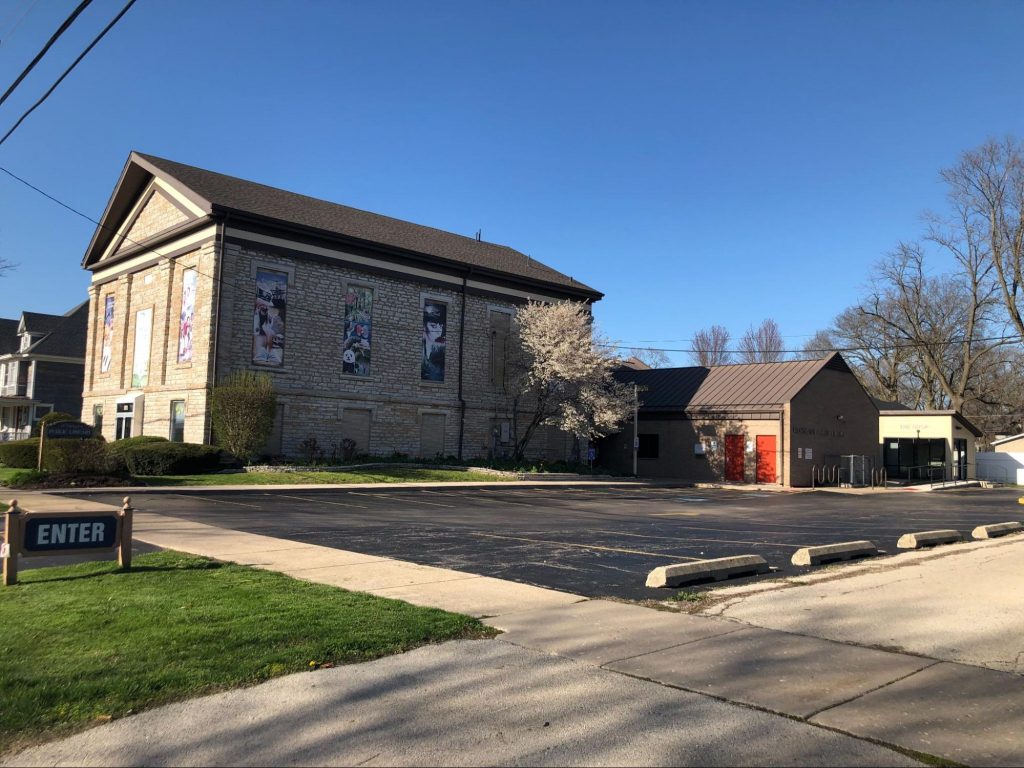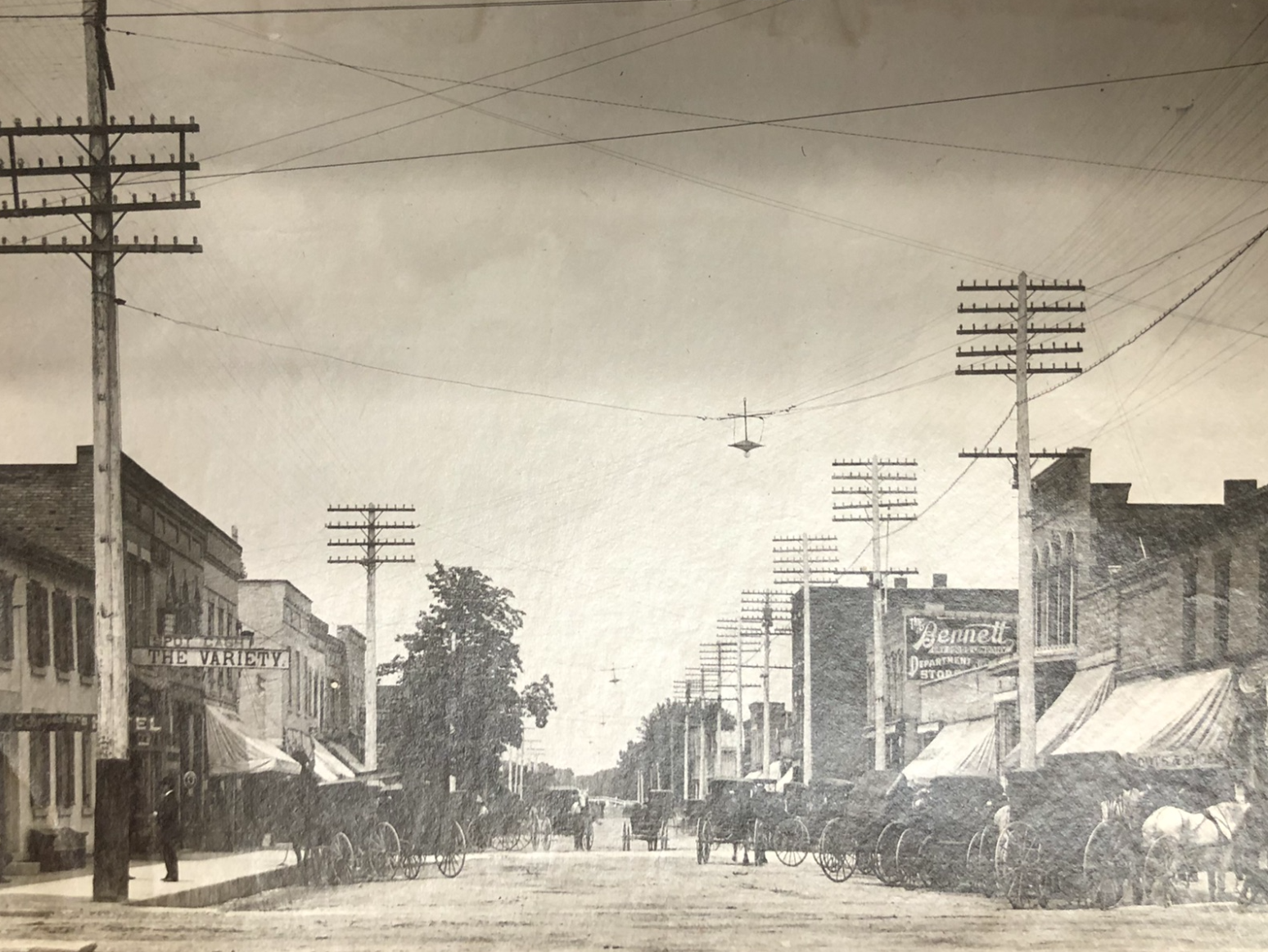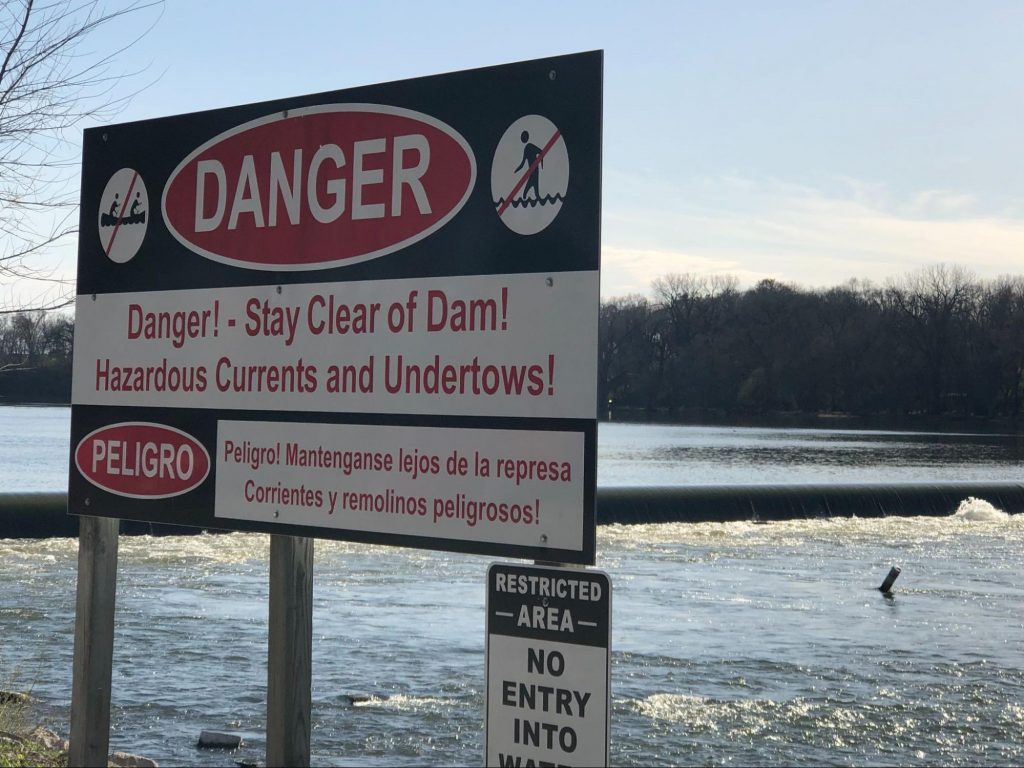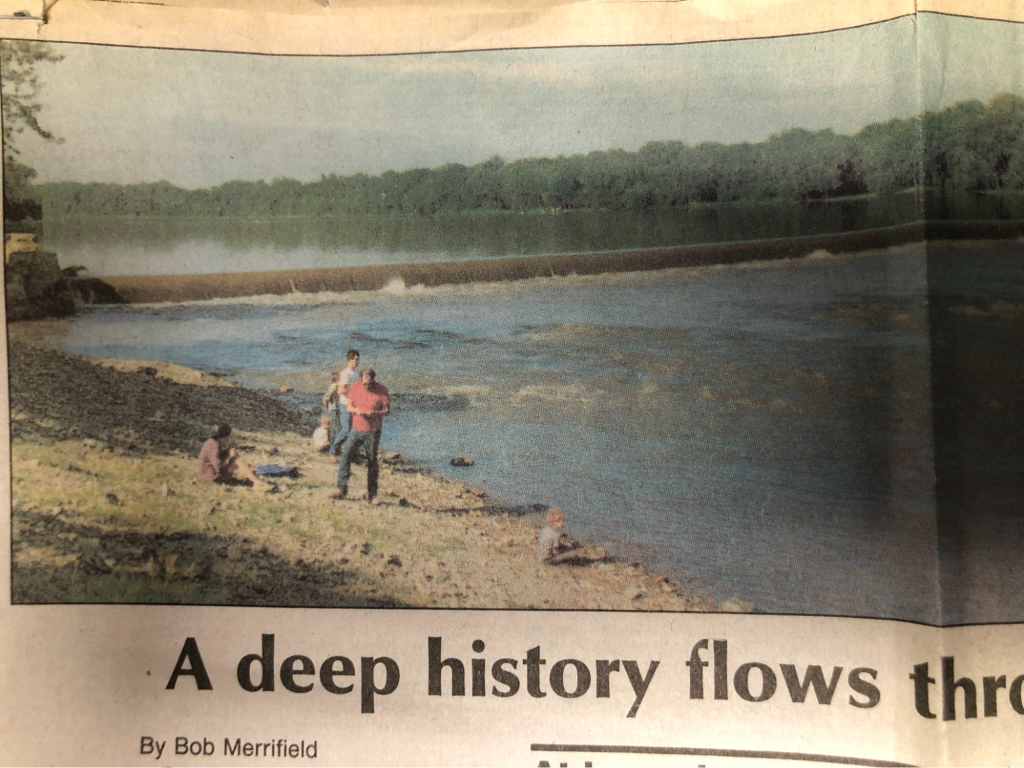Guest Post by: Tricia Dean, Tech Services Manager at Wilmington Public Library District (IL)
This post is part of a series written by members of the Community Webs program. Community Webs advances the capacity for community-focused memory organizations to build web and digital archives documenting local histories and underrepresented voices. For more information, visit communitywebs.archive-it.org/

I was excited when I saw the call for participants in Community Webs. While Wilmington, Illinois is a small, rural town (5,664 people), the thought was that we still had something to contribute. Most Archive-It partners are universities, museums and large libraries, and being in their company was a little daunting to me initially. Other institutions have someone who opens the project, and then it develops into a larger team project. Wilmington Public Library District (WPLD) has a much smaller staff; the project has been wholly mine, which has been both thrilling and terrifying.
Wilmington is a small rural town, falling on the lower end of the economic scale. Because we are isolated,the library plays a vital part in the community. We offer the usual storytimes and adult programs, but also loan out hotspots and ChromeBooks. We have 45 hotspots and these are almost always checked out; some people are using them for vacations, but by usage it is apparent that others are using them as their primary means of connecting to the Internet. Internet access has been more and more important, but after the Covid-19 broke out, more governmental services went strictly online, making access even more critical – and to many who had not been regular patrons. WPLD is a hub for the community, offering computers, information, tax forms, and a place to come in and chat – even more important when we are trying to stay close and limit outside contact.

I am a Chicago native who went to Champaign-Urbana for grad school. I was a scanner for the Internet Archive for several years where I was privileged to handle some incunabula (pre-1500 items). I am the Technical Services Supervisor at Wilmington; primarily I catalog our materials, but I also tend toward Projects, from adding series labels to re-orienting all the calls in the juvenile non-fiction section. I am currently going through our attic to help determine what we have (it’s a Mystery!). I’m making lists, and hoping to have items to scan which would be available online, in multiple places. I applied for the Community Webs program (with my director’s blessing) because I felt that it’s important for small towns to be represented in the collection of history. Only 20% of the population still lives outside major metro areas, but it is every bit as important to capture that life as it is to retain the history of large cities.
Wilmington Library joined Community Webs in the summer of 2021. After some technical clarifications with the Archive-It staff WLPD was set up. In considering what made Wilmington unique, the first link was to our library and social media pages. Social media has grown in importance in the last twenty years, but it became a vital link during Covid when services were otherwise unavailable. Wilmington Library YouTube videos, how-tos, crafts and storytime, stand to remind us of how we responded and as a continuing reference for parents who can’t get to the library. But since social media, specifically, is known for ‘right now,’ it lacks the kind of reflection over time that we can create through the Community Webs project.
We may be small, but we have a number of historical articles and sites which needed to be brought together. We want to reflect events that have been impactful to our community, from the explosion of the Joliet Armory in the 1940s to the continuing issues with the Wilmington Dam, which has proved dangerous, but has complicated ownership issues. I still have a long way to go; the projects (attic/local history/web archive) are all intertwined. Wilmington has the usual Community Resources and City Government collections in Archive-It. Going forward, we want to continue to develop our Wilmington History collection. We are working on local history and will establish a collection of materials from our attic and public donations. Our local paper has vertical files which could be a goldmine of information – again, on my to-do list. We will be kicking off an Oral History Project, which will begin with a series of simple gatherings/coffee hours for our seniors, providing a place for them to gather, and a space to share their stories. I am hoping these will be in our Community Webs archive. Who better to speak to where we’ve been and where we are than some of our oldest residents?


Why is Community Webs important? Because it will help to remember when we cannot keep up with the information overload. Because there is so much happening that we miss a good deal of what is around us – or can’t bear to face it for long. Because so very very much of our lives are now online – and can be erased with a keystroke. Because we are seeing, painfully, that those who do not learn from the past will be/are condemned to re-live it. And, for Wilmington, I think it is important because so many of the voices and sites being captured are from museums, universities and large public libraries. It is important that we remember that we used to be far less urban than we are today. It is important to remember the smaller places, those who are too easily lost in the maelstrom of modern life, because to be forgotten is to be erased.